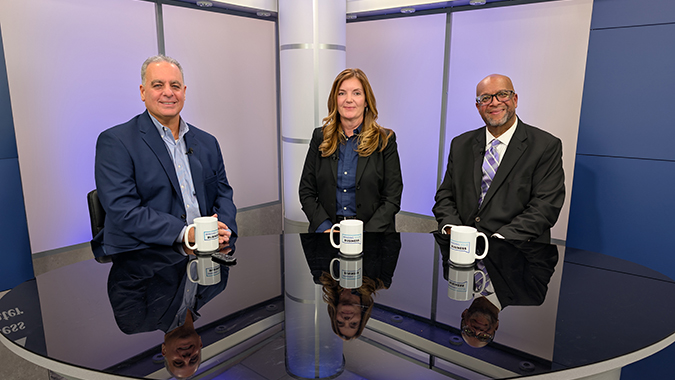Beginning July 1, public notaries will be required to complete new educational and testing requirements as part of the commissioning process.
Applicants for initial notary commissions who are not attorneys must complete a six-hour course and pass an examination approved by the State Treasurer. Commissioned notaries who have already completed the six-hour course and exam, or who were commissioned for the first time before Oct. 22, 2021, must complete a three-hour continuing education course to renew their commission, state officials said.
Public notaries perform many valuable services for New Jersey's business, legal and financial communities. Effective notary services help to ensure that documents are properly executed, that facts are duly certified, and above all, that the public is protected from fraud. Notarization is essential for many official documents including mortgages, deeds, contracts, and various corporate transactions.
The changes are part of a comprehensive new state law enacted last year to help modernize the notary commissioning process and notarization practices. Many provisions of the new law were born out of the COVID-19 pandemic and are designed to make the notarization process easier for both the public and notaries by allowing for things such as electronic and remote notarization and the electronic filing of commission applications.
The notary program is administered by Treasury’s Division of Revenue and Enterprise Services (DORES), which is in the process of finalizing the course and the examination. Once finalized, the procedures will be available on DORES’s website: nj.gov/njbgs. Notaries are encouraged to check back periodically for updates.
“New Jersey’s updated notary public program is modernizing the commissioning process and the way notaries across our state serve the public,” said James Fruscione, director of DORES.
“We have updated our systems and processes to allow for electronic and remote notarizations, to better accommodate the way residents prefer to do business these days, and the new education and testing requirements will ensure that current and future notaries receive valuable training to help them carry out their notary duties,” Fruscione said.




